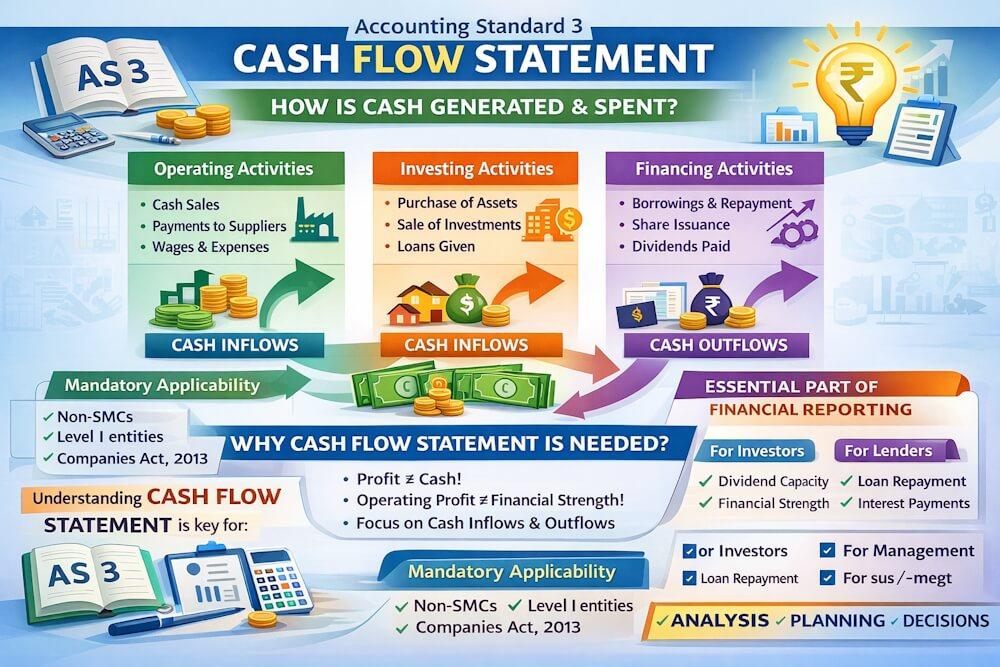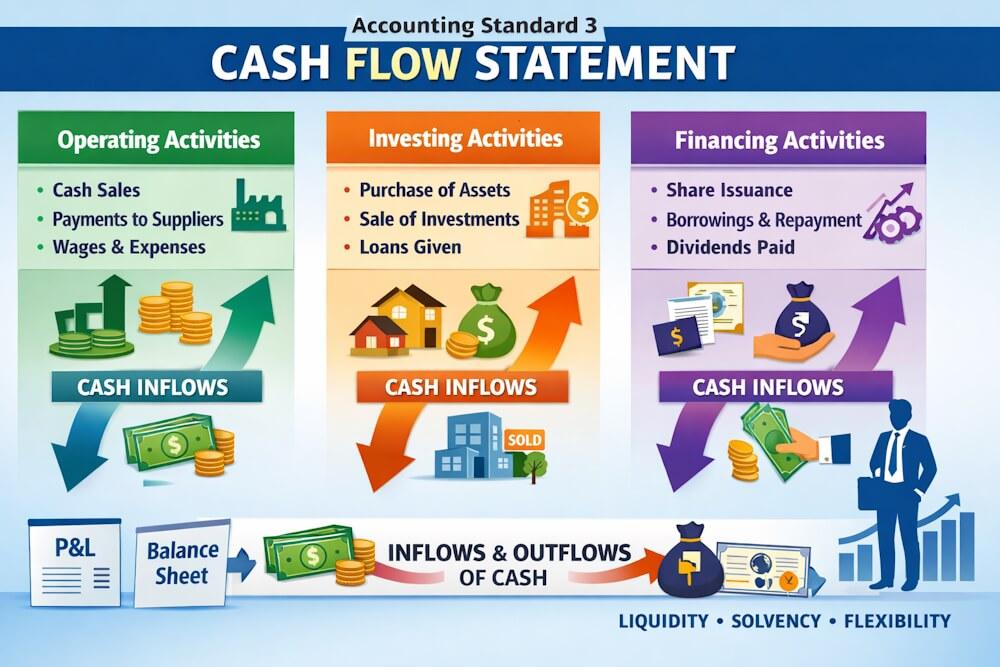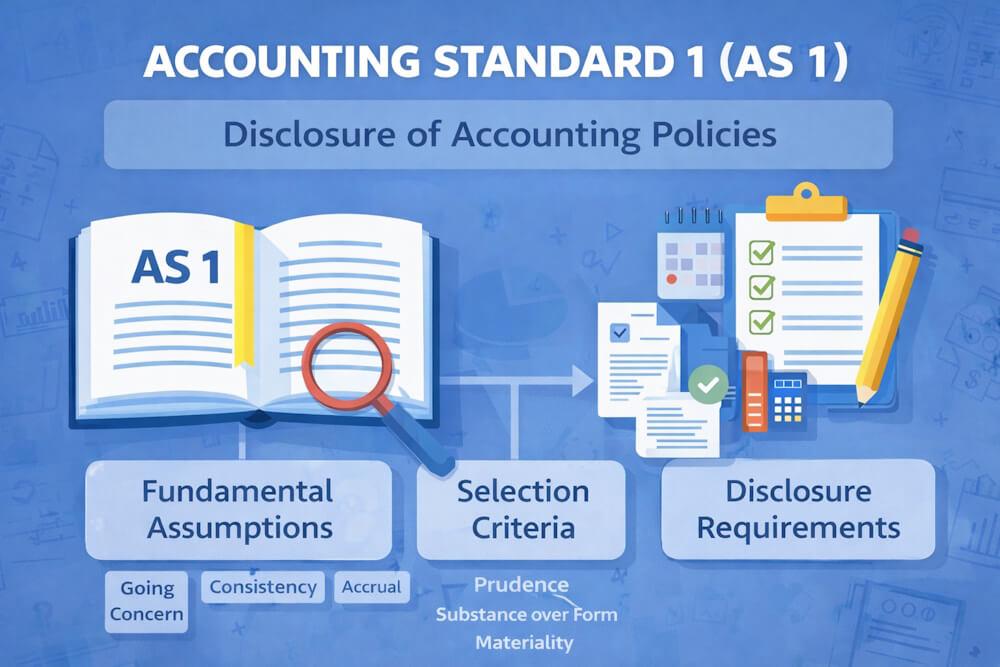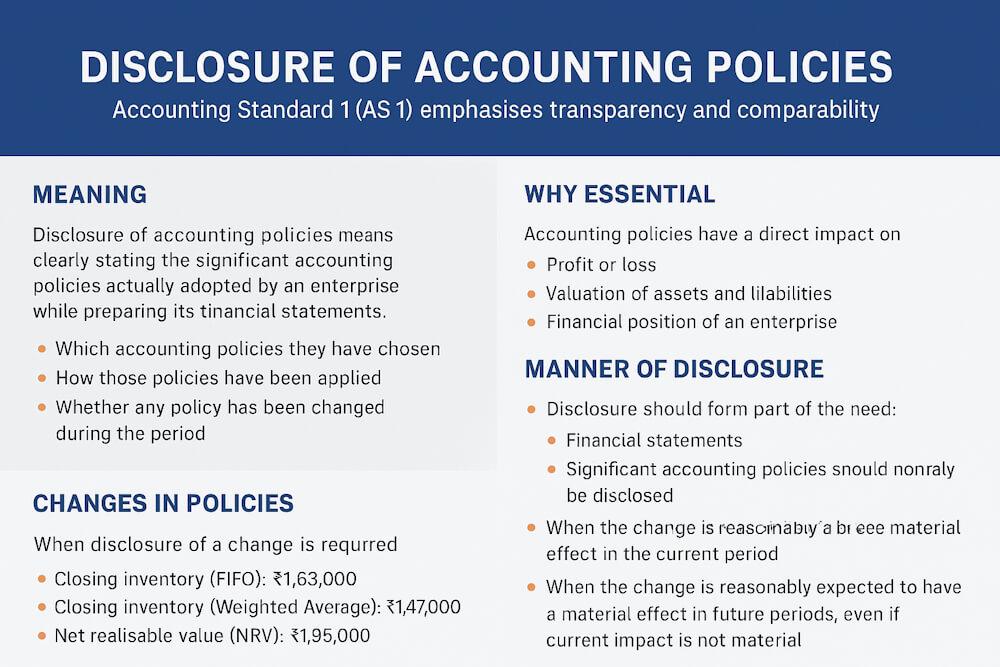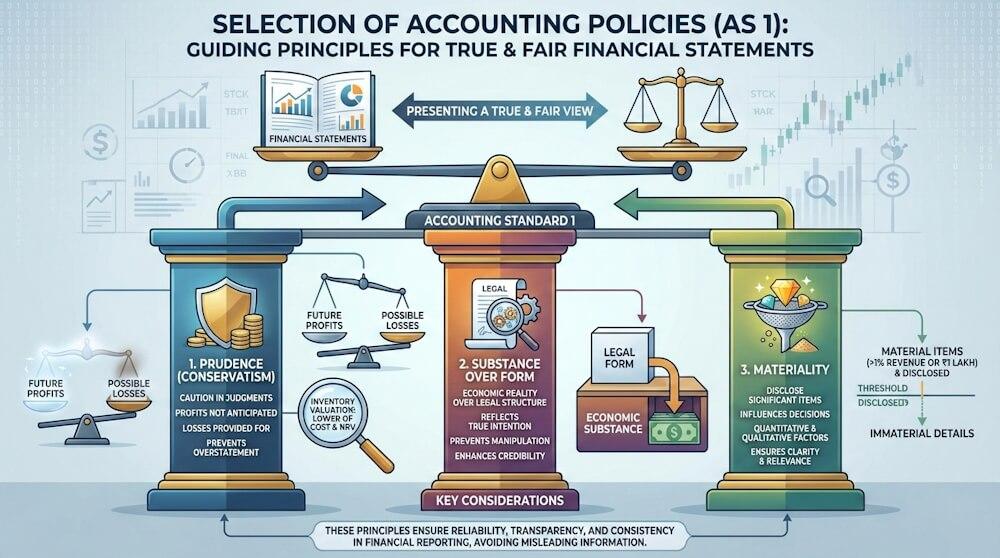Let’s talk about something most folks in HR deal with (but rarely anyone outside of it really gets): strategic compensation planning. Sounds fancy, right? But honestly, it’s just about figuring out how much to pay your people, when to pay them, and what else they get apart from the salary.
But here’s the thing—it’s not just pulling numbers out of thin air. It’s more like a roadmap that matches your company’s goals with what you offer your employees. It could be salaries, bonuses, time off, benefits—basically, the full package.
So… who’s behind it?
Well, it’s usually the top bosses—yeah, the executive folks or the board. Why? Because this stuff isn’t cheap, and any misstep can hit the company’s budget big time. HR and other managers? They use the plan but don’t really make the final calls. It’s more of a “you implement, we approve” kind of deal.
Why does it matter anyway?
There are a few reasons companies bother with this whole strategy thing when it comes to paying people:
- Hiring good people: You want talented folks? You gotta offer a decent package. Simple.
- Keeping people around: No one wants to stay at a job that underpays them. A clear comp strategy helps keep morale up.
- Rewarding effort: Hit targets? Smash goals? You deserve something extra.
- Reflecting values: Some companies are all about performance, others about fairness. Your pay strategy should reflect that.
Alright, so what’s included in this plan?
Let’s break it down. Most comp strategies usually have four major pieces:
1. Base Pay
This is your basic salary or hourly rate. The fixed amount that shows up in your offer letter. It’s usually tied to your skills, role, or what others in the market are getting for the same kind of job. Some places pay monthly, others biweekly—depends on the setup.
2. Incentives
This is the “extra” stuff. Like if you bring in a new client, hit sales targets, or just crush it at work—there’s usually some kind of bonus or commission involved. Here’s what might fall under this:
- Bonuses
- Commission
- Referral rewards
- Profit-sharing
- Stock options
- Cost-of-living increases
- Overtime
Not everyone gets all of these, but companies pick what makes sense for their setup.
3. Benefits
Now we’re talking health insurance, retirement contributions, maybe even a company car or phone allowance. This stuff can seriously add up and plays a big role in whether someone says yes to a job.
- Health, dental, vision
- Life insurance
- Disability coverage
- Retirement plans
- Travel perks
- Gym memberships (some companies really do this!)
4. Time Off
This one’s underrated. Everyone needs a break, and companies that actually offer solid time-off policies? Gold. Whether it's paid vacation, sick days, or even parental leave—it all counts.
But yeah, not every employee gets this from day one. Sometimes there’s a waiting period or you have to be full-time to qualify.
Final Thoughts (Not the Fancy Kind)
So yeah, strategic compensation planning isn’t just about numbers—it’s about people. It’s figuring out what makes sense for both the company and the folks working there. Sure, it takes some thought, and it’s definitely not one-size-fits-all, but when done right? It keeps teams happy, motivated, and less likely to bounce.
And let’s face it—happy employees usually stick around longer and do better work. So if you ask me, getting your comp plan right? Totally worth it.
Take a look at the detailed post on the topic -

